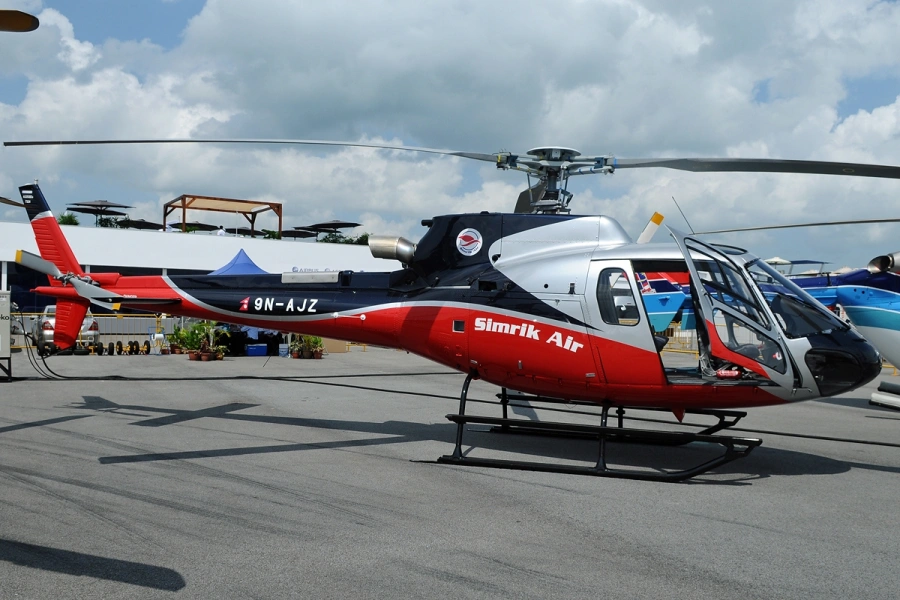KATHMANDU, April 5: The National Reconstruction Authority (NRA) has asked the Nepal Rastra Bank (NRB) to ease the process of sanctioning concessional home loans for the survivors of 2015 Gorkha earthquakes.
Following complaints lodged by the quake victims about the “cumbersome” process for availing the facility, the NRA on Tuesday forwarded a letter to the NRB, asking the latter to ease the process.
“As the banks and financial institutions are providing home loans to their regular clients, we requested the central bank to make the process easier in the case of quake survivors,” NRA spokesman Yam Lal Bhoosal said.
NAC struggles to secure concessional loan from int’l lenders

The banks and financial institutions have so far released around Rs500 million in the concessional loans, said Bhoosal. “If the victims want more money, on top of the government’s grant assistance of Rs 300,000, they can get concessional loans of up to Rs 2.5 million in the Kathmandu Valley and Rs 1.5 million in other quake-affected areas.”
Albeit at a slow pace, the number of people seeking the loans is increasing, and the number could go up substantially if the NRB made the loan process simpler, according to Bhoosal.
The NRB had announced that a quake-hit family could borrow up to Rs 2.5 million in the Kathmandu Valley and Rs 1.5 million in other quake-hit districts from different banks and financial institutions at a subsidized interest rate of 2 percent. The central bank would finance such loans at zero percent interest to banks and financial institutions, which would then re-lend the money to the quake survivors.
According to the guidelines on grant distribution to private houses, 2072, if the reconstruction grant of Rs 300,000 is insufficient to renovate or reconstruct a house, the victims can get concessional loans by putting the same house to be renovated or rebuilt up as collateral to borrow money from banks and financial institutions.
The government has so far distributed the first tranche of Rs 50,000 to over 90 percent illegible victims each in 14 most-affected districts, and started releasing the funds in 17 less-affected districts on Monday.
The full grant of Rs 300,000 has been planned to be distributed in three phases -- Rs 50,000 first, Rs 150,000 second, and Rs 100,000 third.





































